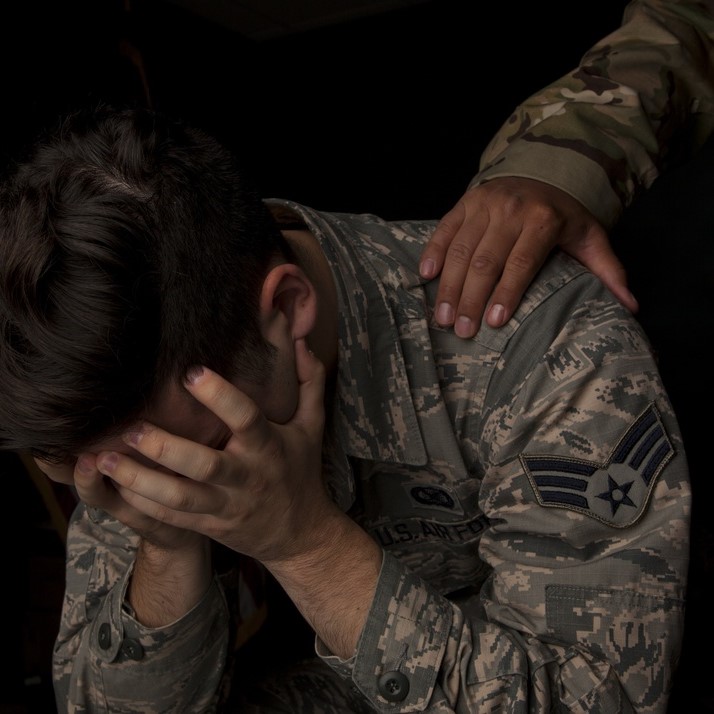
I’ve lost several battle buddies to suicide. I didn’t know it was that bad for them. What signs should I have looked for? How could I have helped them? What do I do when I start to feel that there is no other option?
First, if you ever feel that you are going to hurt yourself or someone else, immediately dial 911 or go to your nearest emergency room. In addition, you can call the Veterans Crisis Line (1-800-273-8255, then hit 1) at any time.
As far as how can you know, there is no foolproof way to know. The most important thing that we can all do is make talking about suicide acceptable. Bring it up if you have any concerns. If you are hearing things that are concerning to you, then be direct and ask “I am hearing you say you are feeling hopeless and helpless. I am wondering if you are having thoughts about hurting yourself?” Do not avoid the tough question. Knowing that people care enough to ask can be the lifeline that a struggling veteran needs. In addition, something called “means reduction” can really reduce the chances of a lethal attempt. This means removing the means for suicide either temporarily or permanently. Most often this refers to guns and medications. If you are willing to hold your friend’s guns or medications or to help them find a plan for gun locks or medication distribution, this can really reduce risk.
About the author: Sheila A.M. Rauch, PhD, ABPP
Sheila A.M. Rauch, PhD, ABPP, is the Deputy Director of the Emory Healthcare Veterans Program and Director of Mental Health Research and Program Evaluation at the VA Atlanta Healthcare System. Dr. Rauch has been developing programs, conducting research and providing PTSD and Anxiety Disorders treatment for over 20 years. Her research focuses on examination of mechanisms involved in the development and treatment of PTSD and improving access to effective interventions.

